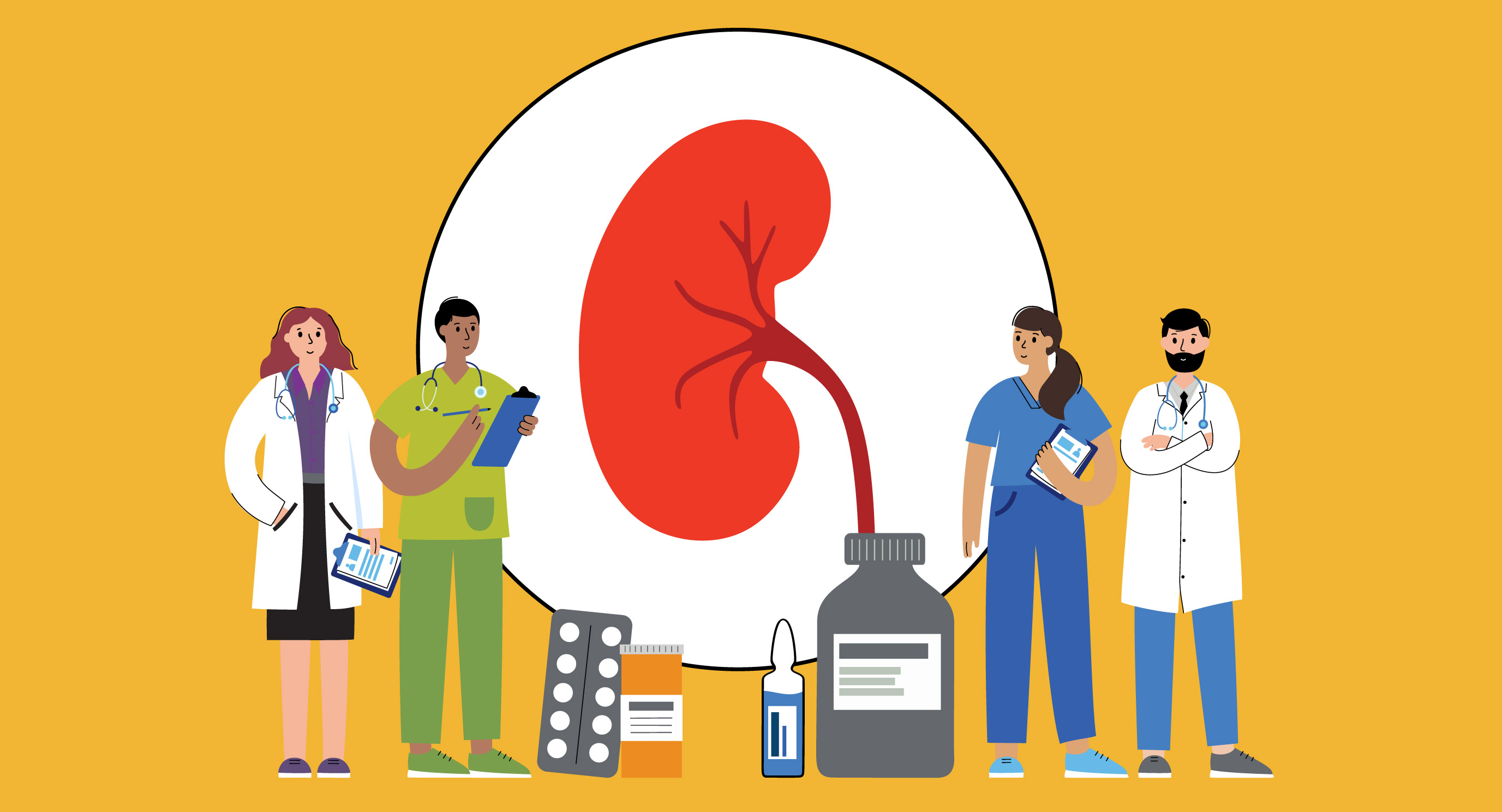- Diseases
- Acoustic Neuroma (14)
- Adrenal Gland Tumor (24)
- Anal Cancer (68)
- Anemia (2)
- Appendix Cancer (16)
- Bile Duct Cancer (26)
- Bladder Cancer (72)
- Brain Metastases (28)
- Brain Tumor (232)
- Breast Cancer (714)
- Breast Implant-Associated Anaplastic Large Cell Lymphoma (2)
- Cancer of Unknown Primary (4)
- Carcinoid Tumor (8)
- Cervical Cancer (158)
- Colon Cancer (166)
- Colorectal Cancer (116)
- Endocrine Tumor (4)
- Esophageal Cancer (44)
- Eye Cancer (36)
- Fallopian Tube Cancer (8)
- Germ Cell Tumor (4)
- Gestational Trophoblastic Disease (2)
- Head and Neck Cancer (12)
- Kidney Cancer (128)
- Leukemia (342)
- Liver Cancer (50)
- Lung Cancer (286)
- Lymphoma (278)
- Mesothelioma (14)
- Metastasis (30)
- Multiple Myeloma (100)
- Myelodysplastic Syndrome (60)
- Myeloproliferative Neoplasm (4)
- Neuroendocrine Tumors (16)
- Oral Cancer (100)
- Ovarian Cancer (172)
- Pancreatic Cancer (160)
- Parathyroid Disease (2)
- Penile Cancer (14)
- Pituitary Tumor (6)
- Prostate Cancer (146)
- Rectal Cancer (58)
- Renal Medullary Carcinoma (6)
- Salivary Gland Cancer (14)
- Sarcoma (238)
- Skin Cancer (294)
- Skull Base Tumors (56)
- Spinal Tumor (12)
- Stomach Cancer (64)
- Testicular Cancer (28)
- Throat Cancer (92)
- Thymoma (6)
- Thyroid Cancer (96)
- Tonsil Cancer (30)
- Uterine Cancer (80)
- Vaginal Cancer (16)
- Vulvar Cancer (20)
- Cancer Topic
- Adolescent and Young Adult Cancer Issues (20)
- Advance Care Planning (10)
- Biostatistics (2)
- Blood Donation (18)
- Bone Health (8)
- COVID-19 (362)
- Cancer Recurrence (120)
- Childhood Cancer Issues (120)
- Clinical Trials (630)
- Complementary Integrative Medicine (22)
- Cytogenetics (2)
- DNA Methylation (4)
- Diagnosis (232)
- Epigenetics (6)
- Fertility (62)
- Follow-up Guidelines (2)
- Health Disparities (14)
- Hereditary Cancer Syndromes (126)
- Immunology (18)
- Li-Fraumeni Syndrome (8)
- Mental Health (116)
- Molecular Diagnostics (8)
- Pain Management (62)
- Palliative Care (8)
- Pathology (10)
- Physical Therapy (18)
- Pregnancy (18)
- Prevention (912)
- Research (392)
- Second Opinion (74)
- Sexuality (16)
- Side Effects (604)
- Sleep Disorders (10)
- Stem Cell Transplantation Cellular Therapy (216)
- Support (402)
- Survivorship (320)
- Symptoms (182)
- Treatment (1786)
Ductal carcinoma in situ (DCIS): 7 things to know
3 minute read | Published February 16, 2023
Medically Reviewed | Last reviewed by an MD Anderson Cancer Center medical professional on February 16, 2023
If you’ve been diagnosed with ductal carcinoma in situ, or DCIS, you might have questions. For instance, is DCIS the same thing as stage 0 breast cancer? If so, what does that mean for you in terms of treatment? Will you need to have chemotherapy? What about surgery or radiation therapy?
To learn more, we spoke with cancer prevention specialist Priya Thomas, M.D. Here are seven things she wants you to know.
What is ductal carcinoma in situ (DCIS)?
DCIS is the same thing as stage 0 breast cancer. That means it is not invasive, and it hasn’t spread beyond the borders of its original location. “In situ” is Latin for “in its original place.” Anything invasive is considered at least stage I.
DCIS develops in the breast ducts, or the thin tubes that carry milk from the lobules to the nipples. Sometimes, the cells lining these structures become cancerous. When that happens and it’s caught early enough, it’s called DCIS.
Does DCIS have any symptoms?
Not usually, no. But rarely, someone might see discharge from a nipple or feel a lump.
How is DCIS usually diagnosed?
DCIS is usually picked up during a routine screening mammogram. When a radiologist sees something abnormal, they order a diagnostic mammogram and/or an ultrasound to get a clearer view. In some cases, a breast biopsy might also be needed.
Once a DCIS diagnosis is made at MD Anderson, patients will typically see both a surgeon and an oncologist, often on the same day. They’ll discuss whether surgery is necessary, as well as the pros and cons of it. They’ll also explore any possible adjuvant therapies.
What is comedo necrosis?
Comedo necrosis is an area of dead cancer cells that has built up inside a tumor. It’s a Latin term that describes how it looks under a microscope. It won’t affect your diagnosis or treatment plan at all.
How is DCIS usually treated?
The standard of care for DCIS is to do surgery first. So, surgeons may offer you a lumpectomy or a mastectomy. If you have a lumpectomy, you’ll also need radiation therapy.
Typically, you shouldn’t need chemotherapy after a DCIS diagnosis, since surgery alone is usually enough to render someone cancer-free.
Why is it important to come to a place like MD Anderson, even for early-stage DCIS?
First of all, our doctors are extremely specialized. We have 20 pathologists who look exclusively at breast tissue, so they can identify the nuances between benign lesions and cancer. That’s important, because it means you’re going to get a more accurate diagnosis. And that, in turn, will affect your treatment plan.
Second, the imaging we do here is very sensitive, so our radiologists often pick up on things that others miss. And that can lead to a change in diagnosis. If we see something different than an outside facility does, we may recommend a different surgery or treatment plan for you. That’s why it’s critical to go somewhere that can distinguish between harmless calcifications and cancerous masses.
Third, any time you’re diagnosed with cancer, it automatically increases your odds of developing another cancer later on. We have a cancer prevention center here that can help you identify ways to reduce your risk, including lifestyle and screening protocols.
The most compelling reason to come to MD Anderson, though, may be our clinical trials program. We offer patients treatment options through our clinical trials that they can’t find anywhere else.
What clinical trials are currently available for DCIS?
One of the biggest questions right now regarding DCIS is, “Are we overtreating this?” Our own Nina Tamirisa, M.D. is trying to answer that through the COMET study.
This clinical trial — which stands for “Comparing an Operation to Monitoring, With or Without Endocrine Therapy”— is looking at whether patients with low-risk DCIS can delay or avoid surgery altogether with medication or endocrine therapy, plus closer observation. We want to see if they can get the same results as patients who are offered surgery right away.
Request an appointment at MD Anderson online or by calling 1-888-570-8055.
Related Cancerwise Stories

DCIS is the same thing as stage 0 breast cancer.
Priya Thomas, M.D.
Physician





